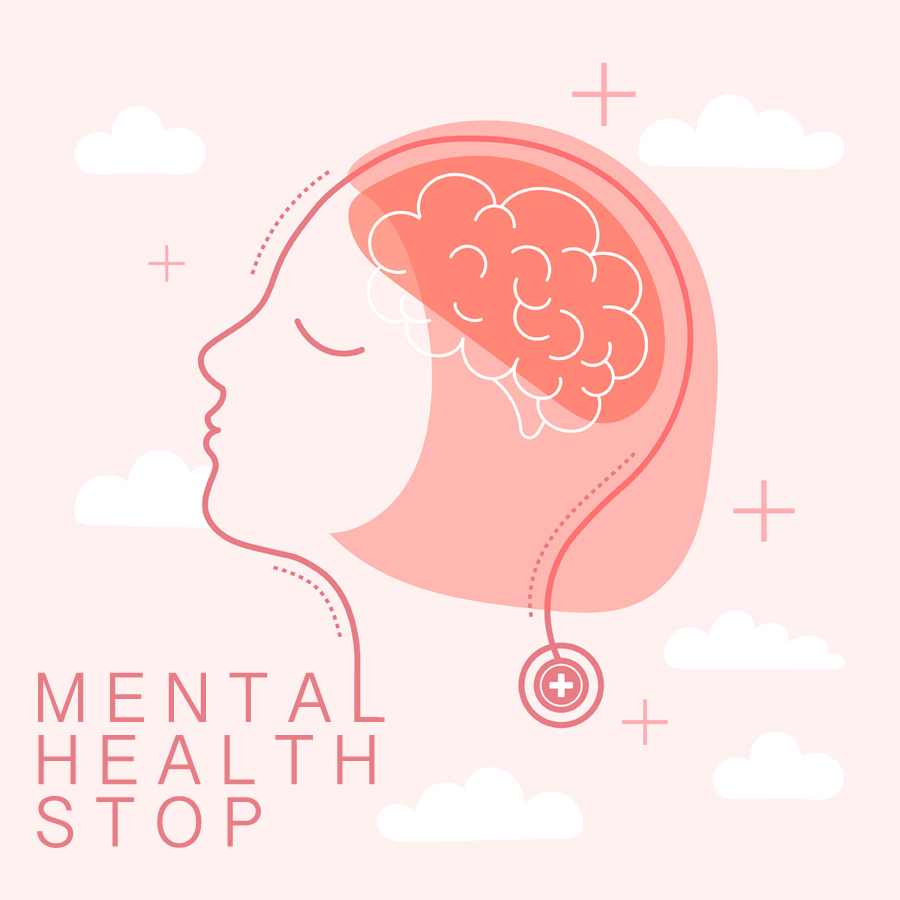
Panic Attacks and What You Can Do
If you've ever had a panic attack, you'll know that it's a terrifying situation to be in. When you have a panic attack, you suddenly feel scared and anxious, like you're in danger, even if there's no obvious reason for you to feel that way. Panicking is an unpleasant experience for anyone, but for those with panic disorder, it can be debilitating.
Symptoms of a Panic Attack
Typically, a panic attack will begin suddenly, and it can last for ten minutes or more. Symptoms can include:
- A rapid heart rate or heart palpitations
- Trembling
- Sweating
- Shortness of breath or a feeling like you're choking
- Chest pain
- Dizziness
- Nausea
- Abdominal pain
- Strong feelings of fear, which can sometimes make it feel like you're about to die
A panic attack usually consists of four or more of these symptoms. Another key aspect of a panic attack is that these sensations happen with no apparent cause: There's no actual danger causing the person to panic. They can happen at any time, without any warning.
Effects of Panic Disorder
Having a panic attack can be a horrible feeling, but the effects of panic disorder go beyond the attacks themselves. People who frequently experience panic attacks may find themselves avoiding places and circumstances that they fear could bring on another attack, or they might steer clear of situations in which they previously had an attack; these behaviors can potentially lead to the development of phobias. They may also miss work or even begin to avoid public places altogether.
Coping With Panic Attacks
There's no way to halt a panic attack, but there are a couple of things you can do to make the experience more tolerable until it ends.
- Tell yourself that you're experiencing anxiety, then try to continue doing what you were doing; face the situation and ride it out the best you can.
- If you're with a friend or loved one who can help you, focus on the sound of their voice as they try to help you calm down.
- Work on breathing as deeply and slowly as possible. Deep breathing can help lessen some of the physical symptoms of the attack.
You can also try making changes to your lifestyle that may help to prevent panic attacks. These include:
- Exercising to help moderate your stress levels
- Avoiding caffeine and substances like alcohol, cigarettes, and illegal drugs
- Eating regularly to keep your blood sugar even
- Doing breathing exercises or meditation
- Getting enough sleep every night
If you find that panic attacks are having a significant negative effect on your life and you can't cope with them on your own, you may need to seek professional help. A psychotherapist may be able to use cognitive behavioral therapy to teach you techniques you can use to manage your symptoms. Medications can also be prescribed to treat panic disorder, such as beta-blockers or antidepressants. Common medications used to treat panic attacks include selective serotonin reuptake inhibitors like Prozac, Paxil, and Zoloft and benzodiazepines like Xanax and Klonopin.